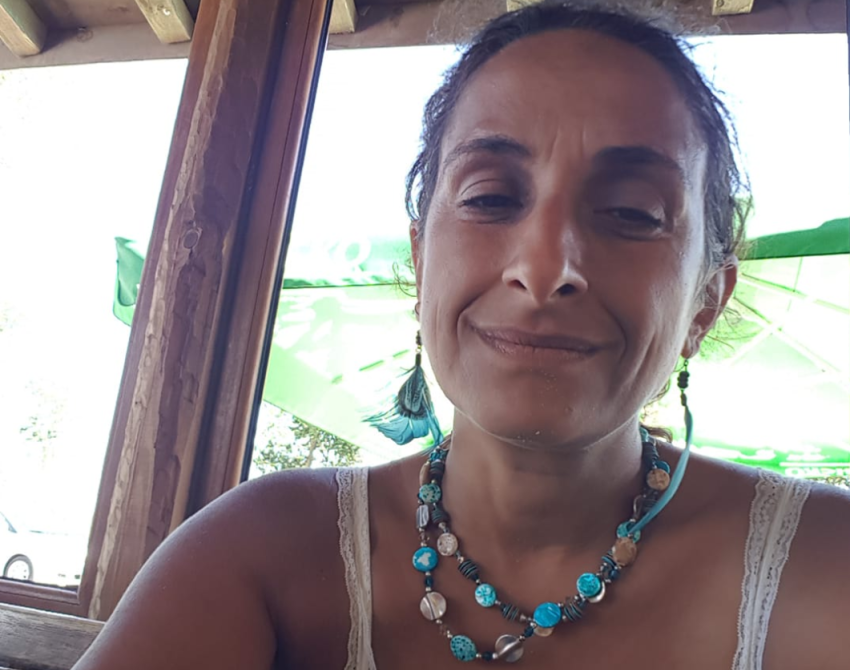Plamena Teneva-Mann has been living in France for 20 years now. She left Bulgaria immediately after graduating from the Technical University in Sofia. Her education in the field of telecommunications opened the doors for her to work in large international companies with offices around the world. She herself says that she was among the first students in Sofia whose studies at the university were conducted in a foreign language and with participation in European educational programmes. Thus, the path of young professionals to global companies was paved with ease. "I have never felt underestimated because I come from Bulgaria, I have not felt that there was something missing in my education. Training at the Technical University is very serious," Plamena Teneva-Mann explains.

"Afterwards, every subject and assessment in my diploma was fully recognized, I was accepted into the company where I work only with a translation of my Bulgarian diploma, without having to hold other exams. And not only that, in my professional path I meet a lot of Bulgarians with whom I studied together at university and in the same way they made a successful career abroad. We all talk about our education in Bulgaria only in positive terms.”
Plamena sowed the seed of success as early as her teenage years when she developed qualities for rapid adaptation.
"Bulgarians are hardened persons, this is a country where life is not easy - financially, economically and politically. It is not easy to deal with the structure at the state and administrative level. All this has made me face difficulties without fear. And abroad, people seem to be more spoiled, I say it with some embarassment, of course. They grew up in well-settled countries and they need little to feel destabilized. And I have firmness, I am hardened and I am not afraid of change”.
Plamena lives with her family, her two children and her French husband in a small town south of Paris, 30 km from the city on the highway. Now, because of the pandemic, life in the French capital has stopped and Plamena says she has not visited the city for a long time.
"We only stay in this small pretty town, we are close to a forest, there is beautiful nature. No cafes or restaurants are currently open in Paris, there are no cultural events, museums are closed, life is dead. With that, France's face changed, local television was showing people walking along the banks of the Seine, and police officers passing by and evacuating them. But one should not succumb to panic and stress, because all this has a negative effect. Otherwise, last year we managed to return to Bulgaria with my children and husband. It was a great joy because the Covid situation changed our whole life. We used to come home more often before, for Easter, then in November and December, and in the summer.

My children speak Bulgarian, they used to attend the Sunday schools in Paris, as well as many other Bulgarian children here. My husband really wants them to speak Bulgarian. Bulgarian teachers are good, they also develop online learning. This requires a lot of work and investment on the part of parents to learn seriously. It is very important for me that my children learn about Bulgaria through its history and literature, this develops one’s character and knowledge of the world. We buy many books in Bulgarian, we read poems by Bulgaria’s great poets. We never come back from Bulgaria without books. We do our best to maintain the Bulgarian language and spirit in the family.”
English version Rositsa Petkova
Photos: private libraryToday, 2 April, on Autism Awareness Day, the Burgas Bridge will be illuminated in blue as a sign of empathy, the Municipality of Burgas announced. The day was established in 2007 by the UN General Assembly to ensure that every society creates..
April 1 was declared International Bird Day in 1906, under the International Convention for the Protection of Birds. The date symbolizes mankind's responsibility for the conservation and preservation of wildlife. Today, 119 years after its..
A new short film showcasing Bulgaria's natural beauty, resorts and leisure opportunities is set to attract tourists from China and the Middle East. Titled "Bulgaria: A Touch of Nature" and created by Stiliyan Kadrev, the 15-minuteo offers a visual..
For the 32nd time, the Children's Easter Festival will bring together Bulgarian children from different countries in Bosilegrad, Serbia, giving them a..
In 1992, a child from Georgia packed her entire life into a small black canvas bag to escape the horror of the bombs… The war through..

+359 2 9336 661
